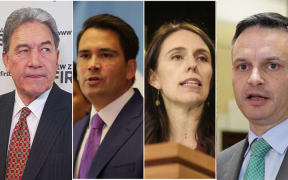By Peter Wilson*
Analysis - A shocking report on the way government departments have snooped on New Zealanders, the controversial decision to hold a referendum on legalising cannabis and the reason why Karel Sroubek will be deported.
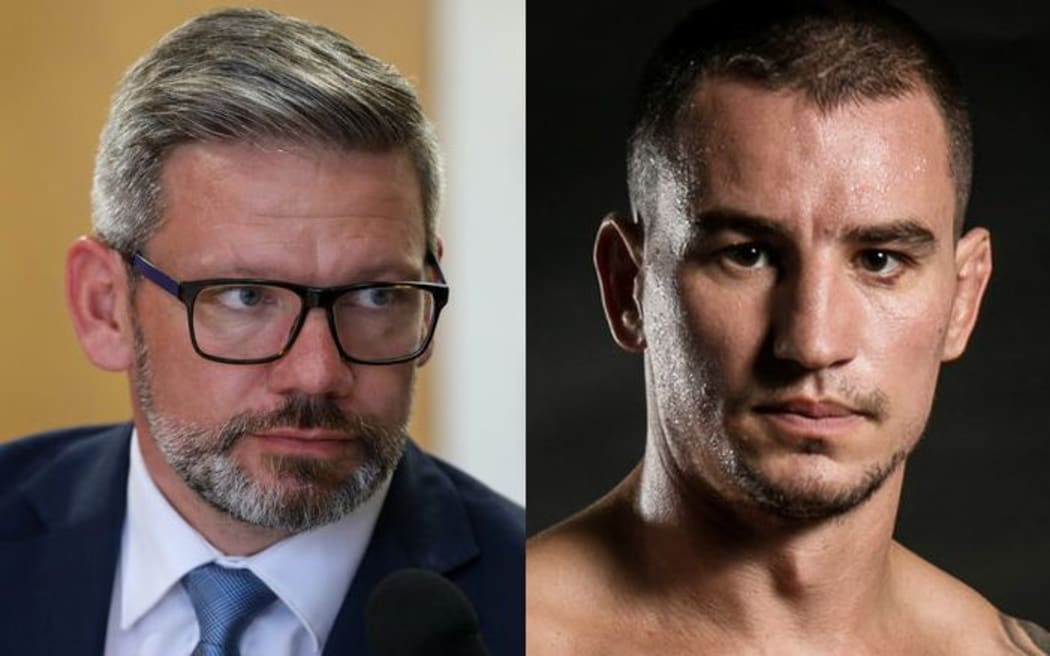
Immigration Minister Iain Lees-Galloway revealed the reason he changed his mind about Karel Sroubek's future this week. Photo: RNZ / Carmen Bird Photography
The damning report on the way government departments and agencies used private investigators to spy on activists and protestors must have shaken New Zealanders' confidence in the public service.
These actions strike at the core of what the public service has been held up to be - decent, honest, above board and free of corruption. It was something the country could be proud of, a shining example internationally.
Now it's known that government agencies and their subsidiaries - 131 were covered in the inquiry - used security consultants Thompson and Clark to spy on people and gather information. One of those agencies was the Crown Law Office.
Departments can legally use contractors to detect fraud and protect their staff, but what happened went far beyond that.
The most shocking finding, Stuff reported, was the Ministry of Social Development hiring investigators to dig up dirt on witnesses in the case of two brothers seeking damages from the government for being abused in state care.
The spying activity was mainly focused on environmental, animal rights and peace activists - who were not breaking the law - and even reached Christchurch earthquake victims upset about delays in having their claims settled.
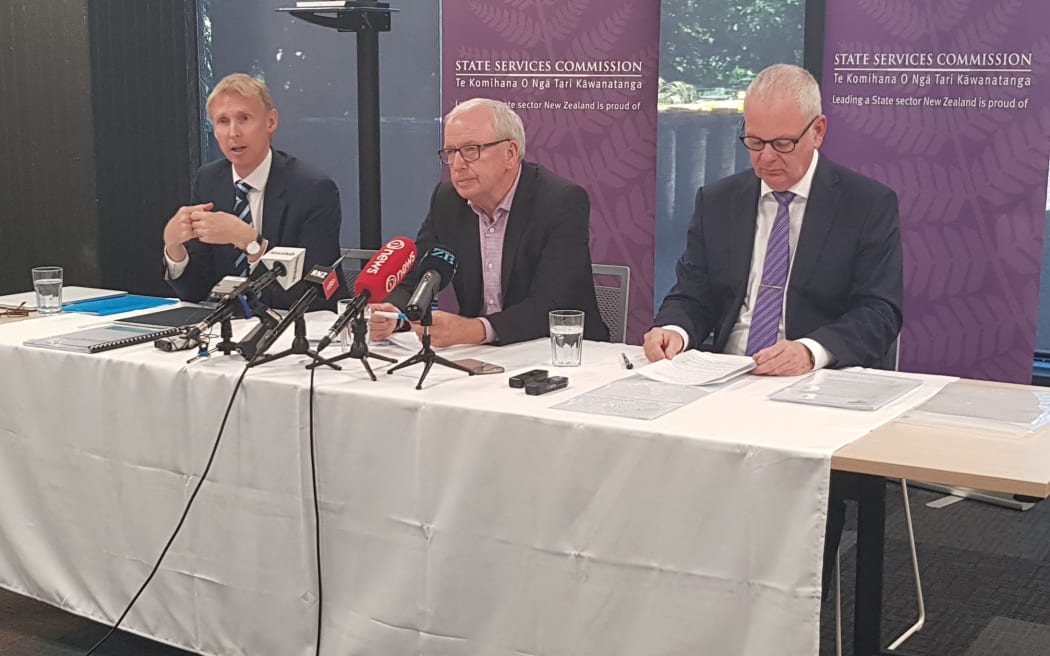
Inquiry head Doug Martin (centre), Simon Mount QC (left) and State Service Commissioner Peter Hughes. Photo: RNZ / Emma Hatton
Prime Minister Jacinda Ardern has given an assurance it won't continue while former National Party ministers under whose watch the surveillance took place say they didn't know anything inappropriate was going on.
Professor Chris Eichbaum of Victoria University's School of Government said the "egregious failings" within the public service were an affront to democracy.
"It betrays a fundamental lack of understanding of the basic rights that people have in this country to demonstrate lawfully, to prosecute their interests and the interests of those in their community in an appropriate lawful manner," he told RNZ.
"When we've got Crown Law apparently complicit in this, when we've got the Ministry of Social Development apparently complicit in some of these actions, that's deeply worrying."
So far the report has claimed one victim. Ross Butler, head of the government insurance agency Southern Response - which used spies to gather information on earthquake damage claimants - has resigned.
He sent in his letter just before he was due to meet the minister in charge of earthquake recovery, Megan Woods, for a "please explain" session.
There could be more - State Services Commissioner Peter Hughes has laid a police complaint over potentially illegal recordings of meetings.
The report on the Thompson and Clark investigation dominated political news this week until the Government announced a referendum on legalising cannabis for personal use will be held at the same time as the next general election in 2020.
The difference between this and previous referenda that have been held is that it will be binding. If a majority of voters want the law changed, the Government must heed the call.
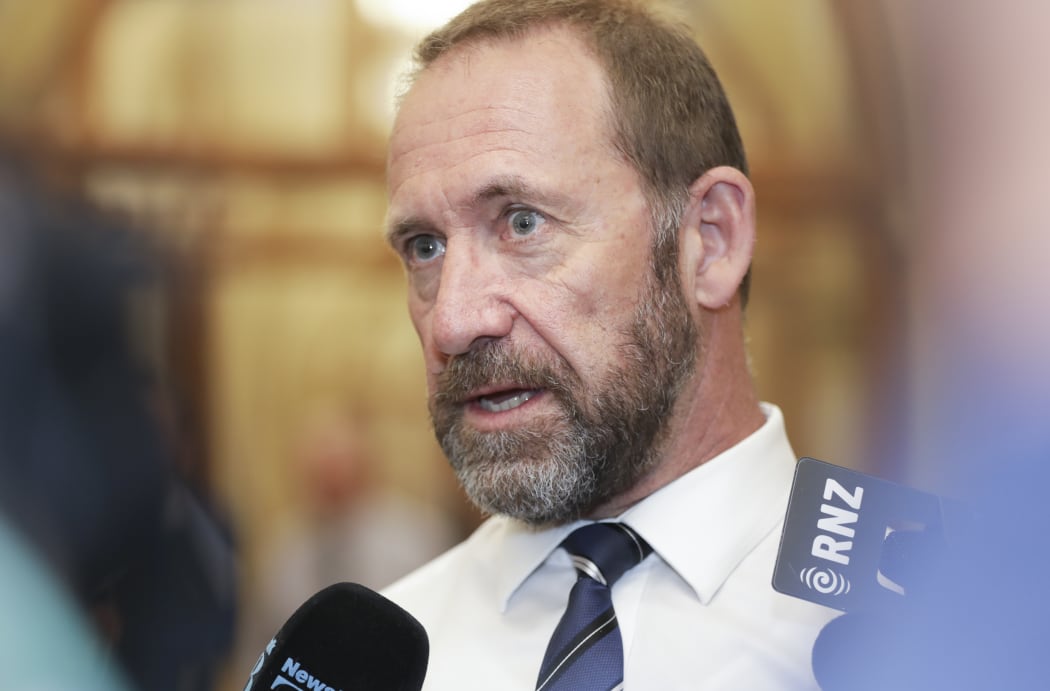
Minister of Justice Andrew Little announced there will be a referendum on legalising cannabis for personal use during the 2020 General election. Photo: RNZ / Rebekah Parsons-King
For that reason, the wording of the referendum question or questions will be crucial.
Justice Minister Andrew Little said it will take time to sort that out.
The referendum is in line with the Green Party's support agreement with Labour, and they were delighted.
Others weren't. National's leader Simon Bridges said it would distract attention at election time from important issues such as the Government's record on economic management, health and law and order.
He could be right. There's sure to be a significant amount of publicity around cannabis during the election campaign with opinion polls testing the public on it as well as on the fortunes of political parties.
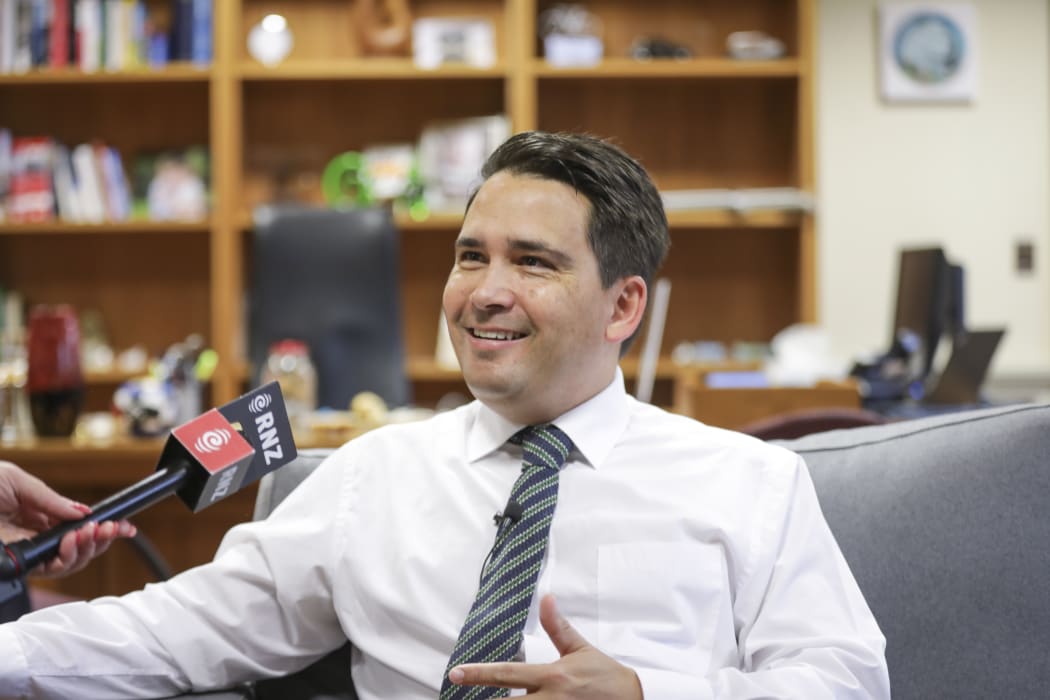
National leader Simon Bridges is not a fan of the cannabis referendum. Photo: RNZ / Rebekah Parsons-King
Another possible impact is that it could grab the interest of young voters and get more of them into the polling booths. Their increased presence could benefit the Greens and Labour.
Cynics might see a connection there.
The referendum also gets political parties off the hook - the decision is going to be taken by the people, not by them.
And this week, finally, it became known what changed Immigration Minister Iain Lees-Galloway's mind about Karel Sroubek's future.
The minister initially decided to grant residence to the convicted Czech drug smuggler who is serving a jail sentence, then reversed it after a political firestorm and said he will be deported.
He reconsidered the situation based on new information, but it wasn't clear what that was.
It was a recording of a phone conversation Sroubek had with his ex-wife, in which he berated her for writing a letter to his lawyer without first showing it to him.
RNZ has heard the recording, and it contains the chilling sentence: "Do you want me to send someone to talk to you?"
Sroubek claims he was referring to women friends and it wasn't a threat, but his wife is reported to have moved to a new address after that conversation.
It has also been confirmed that Prime Minister Jacinda Ardern knew about the phone call at the end of October, although not the details of it, and took action to protect the woman.
Mr Lees-Galloway told media: "That evidence is what inspired me to set about a new course of action."
*Peter Wilson is a life member of Parliament's press gallery, 22 years as NZPA's political editor and seven as parliamentary bureau chief for NZ Newswire.
